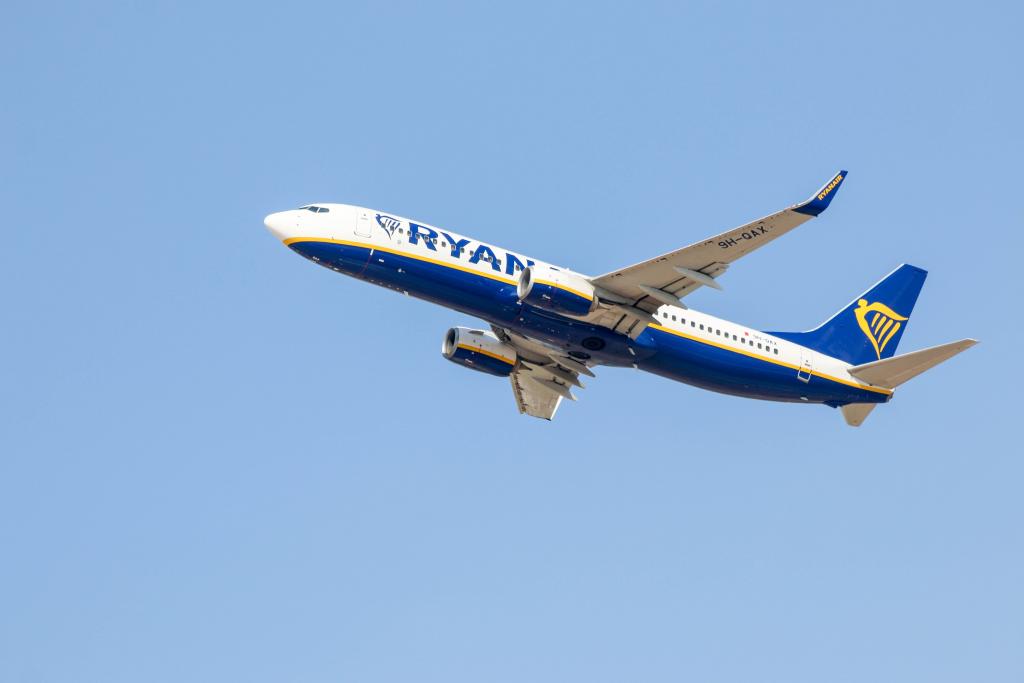
The word ‘accident’ is, in common parlance, often used quite loosely. However, as a case concerning a passenger who slipped on board a Ryanair jet showed, it has a very specific meaning in the context of commercial air travel.
Wintry conditions afflicted a flight from Manchester to Hamburg and de-icing fluid had to be applied to the aircraft before take-off. Boarding passengers traipsed a mixture of water, or ice, and de-icing fluid into the cabin on their shoes. Early on in the flight, the passenger slipped and fell on a pool of liquid close to the aircraft’s toilets.
He launched a compensation claim against Ryanair under the Montreal Convention. Even in the absence of negligence – which was not alleged against the airline – the Convention renders commercial air carriers liable for bodily injury or death sustained by passengers in accidents that occur on board aircraft or in the process of embarkation or disembarkation.
In dismissing his claim, however, a judge found that the incident was not so unusual or unexpected as to constitute an accident within the meaning of the Convention. It was to be reasonably expected both that an aircraft might require de-icing before travel and that passengers might track de-icing fluid from the tarmac into the cabin. Neither the volume of liquid on the floor nor the slowness with which it evaporated were so out of the ordinary as to support a claim under the Convention.
Rejecting his appeal against that outcome, the High Court expressed sympathy for him but found no flaw in the judge’s reasoning. She was entitled to conclude that, from the viewpoint of a reasonable passenger, there was, on a freezing day when de-icing was required, nothing unusual or unexpected about a large amount of liquid being tracked into the cabin by numerous passengers.